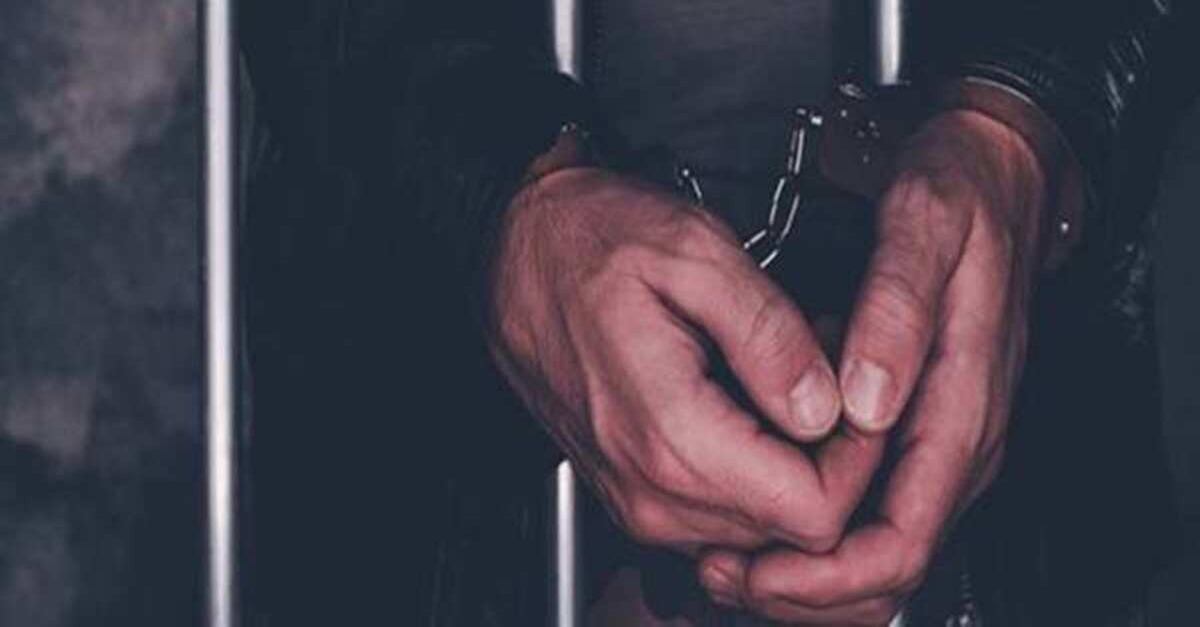INTRODUCTION
Agitated Supreme Court Judge Justice B.R. Gavai has opined beyond legal and economic empowerment, what is required is to empower the marginalized lot and emphasized that real empowerment would be when persons are adequately equipped with knowledge and tools about advocacy of their rights. Justice Gavai, who was recently appointed as Executive Chairman of the National Legal Services Authority, addressed a conference titled “Authorities for Empowering the Marginalized and a Step Towards Social Justice: Achievements and Roadmap” by State Legal Services Authorities of Punjab, Haryana, and U.T. Chandigarh.
BACKGROUNDS
This highlighted the role that legal services play for the marginalized sections, which is noticeably seen in the area of prisoners and their families. While referring to statistics stating that 76% of India’s prison population comprises undertrial prisoners detained without any finding of guilt and mostly due to inadequate or partial access to legal assistance, Justice Gavai said,.
He further noted that lack of knowledge of the law was one of the major reasons why justice was barred. In this regard, the efforts should be more concerted in educating prisoners on legal protections and the services available to them.
Justice Gavai discussed more the topic of undertrial prisoners and shed light on caring for family behind the bar of a prisoner. He eloquently emphasized the process of combined efforts developed between the legal authorities as well as social welfare organizations, concerning counseling and practical assistance along with financial support to children and families whose life was affected by incarceration.
KEY POINTS
- Pro-bono services to the poor
He wished law service authorities would do better on their responsibilities to vulnerable groups such as prisoners. To him, it meant making a distinction between providing legal aid and empowering people so that they know their rights and assert them.
- Low Productivity in Legal Aid Skepticism in Early Stages
Justice Gavai felt that the provision of legal aid to face the eventualities of pre-arrest, arrest and remand was highly deficient. He relied upon the statistics from January to August 2024 in support of this claim and disclosed that It was at this level that only 24,173 persons received legal aid. 23,079 persons received legal aid at the arrest stage, and 2,25,134 persons were aided at the remand stage. Strengthening legal aid at these stages is called upon for speedy effective justice.
- Support for Prisoners’ Families
He demanded an all-round support system for the families of prisoners. He said that there is an urgent need for social welfare departments, NGOs, and other organizations to provide financial help, counseling, and educational support in the case of children whose parents are locked away. He gave much stress on preserving family ties; because those relationships matter a lot for the well-being of not only the prisoners but also the family members.
- Awareness and Technological Advancements
Justice Gavai rightly stressed the need to increase further awareness of existing legal protections among marginalized groups as ordered by the Supreme Court in the Suhas Chakma case v. Union of India. This conference brought innovations in technological tools intending to improve the accessibility and transparency of legal services .
for example: A facility to deposit costs using QR code, and There is an account portal online to facilitate processes among the citizens.
CONCLUSION
Justice B.R. Gavai reflected in his comments to the conference a commitment to securing the justice delivery system for marginalized communities. Referring to legal awareness, timely assistance, and support for families of prisoners, he indicated that these were part of the holistic approach that would empower an otherwise powerless individual. The conference, being a testament that many high court and Supreme Court dignity-judges were present too, spoke with open issues of methodological innovation in the promotion of social justice. With the help of welfare organizations, drawing from collaboration and embracing technology, it had the potential to be a solution for an even more inclusive system going forward.
“PRIME LEGAL is a full-service law firm that has won a National Award and has more than 20 years of experience in an array of sectors and practice areas. Prime legal falls into the category of best law firm, best lawyer, best family lawyer, best divorce lawyer, best divorce law firm, best criminal lawyer, best criminal law firm, best consumer lawyer, best civil lawyer.”
WRITTEN BY : RICHA PANDEY


